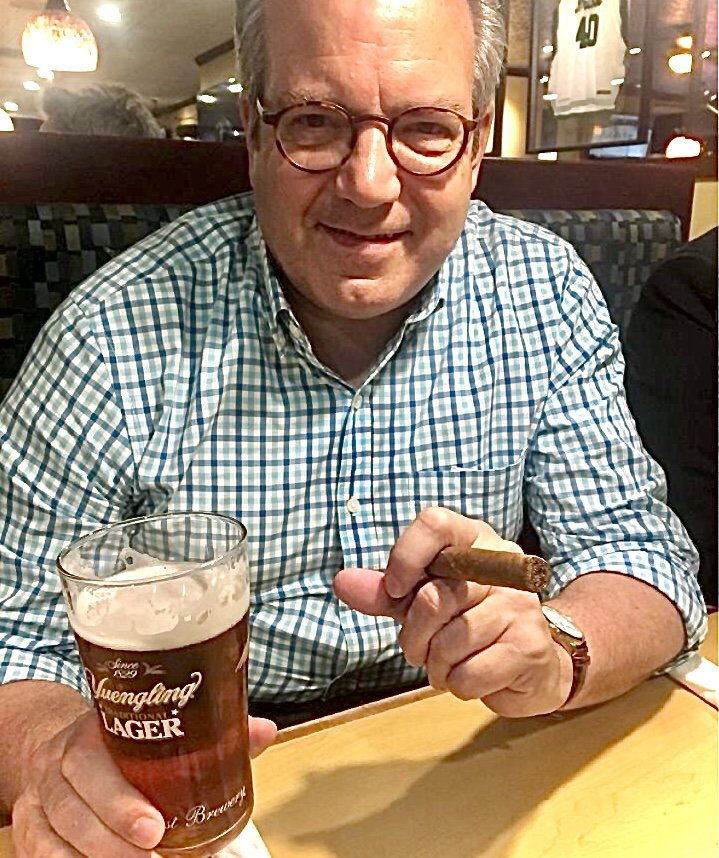Jose A. Bufill is a medical oncologist in full time clinical practice for 30 years in South Bend, Indiana. For about 10 years, he served as director of medical education at his local hospital. Born in Havana, Cuba to a college professor father and a librarian mother, he is convinced that neglect of the humanities impoverishes the practice of medicine. He likes to listen to his patients, to write and to paint in oils. Find out more about his work at buroakfoundation.org
While returning to the U.S. on an international flight not long ago, I sat next to a young African woman. As we approached our destination, she sheepishly passed me her passport and a customs form. Since I was in the aisle seat, I assumed she wanted me to pass it along to the flight attendant, until I realized the form was blank. She was asking me to fill it out.
She made her request in a low voice, eyes downcast, and I had to ask her several times to clarify what she wanted. After entering her personal information, which included her name, date of birth and passport number, and noting her responses regarding materials she might be bringing into the country (there were none), I mentioned that the last item requested was her signature. I passed my pen to her indicating where she was to leave her mark. She placed two carefully crafted zero’s – “O O” — on the signature line.
Reading the essay entitled “Mea Culpa” by Ron Lands (Non-Fiction, Spring 2023 Intima), I was moved by his description – the gradual unfolding – of his patient’s most pressing health problem. I can certainly relate to his account of the initial consultation, in the presence of a medical resident, during which he describes in technical terms the patient’s physical illness, its natural history, prognosis and treatment. By his own account, he was speaking to the patient, but his words were directed to the learner. The patient gave no indication of his bewilderment, but bewildered he was. He had a myeloproliferative disorder, but his most pressing health problem was his inability to read or write.
It's hard to imagine a life like that: trying to function in a world where lines and curves on signs convey no meaning and offer no direction. The patient in “Mea Culpa” was certainly willing to receive care as indicated by his persistent but failed attempts to return to the clinic. Perhaps he didn’t know how to explain his limitation, or how to ask for help. Only after a serendipitous encounter between the physician and the patient did the real problem become apparent.
I naively assume everyone in modern American society knows how to read and write. Yet, recent statistics suggest a silent epidemic of functional illiteracy in the US, affecting almost one in five adults, or about 43 million people.
Illiteracy is isolating. I contrasted Land’s account with my own experience with ‘Flo’ in my essay “Flo Owned a Beauty Shop” (Fall 2023 Intima). Flo knew enough to run her own business, and she had an extended community of friends to help her in her illness. It was in fact because of her friends that her condition was properly diagnosed and treated. Healthcare professionals would do well to recognize the signs and symptoms of illiteracy. And perhaps we need to take a courageous look at our society, that allows this silent epidemic to happen. And offer our own “mea culpa.”
Jose A. Bufill is a medical oncologist in full time clinical practice for 30 years in South Bend, Indiana. For about 10 years, he served as director of medical education at his local hospital. Born in Havana, Cuba to a college professor father and a librarian mother, he is convinced that neglect of the humanities impoverishes the practice of medicine. He likes to listen to his patients, to write and to paint in oils. Find out more about his work at buroakfoundation.org

